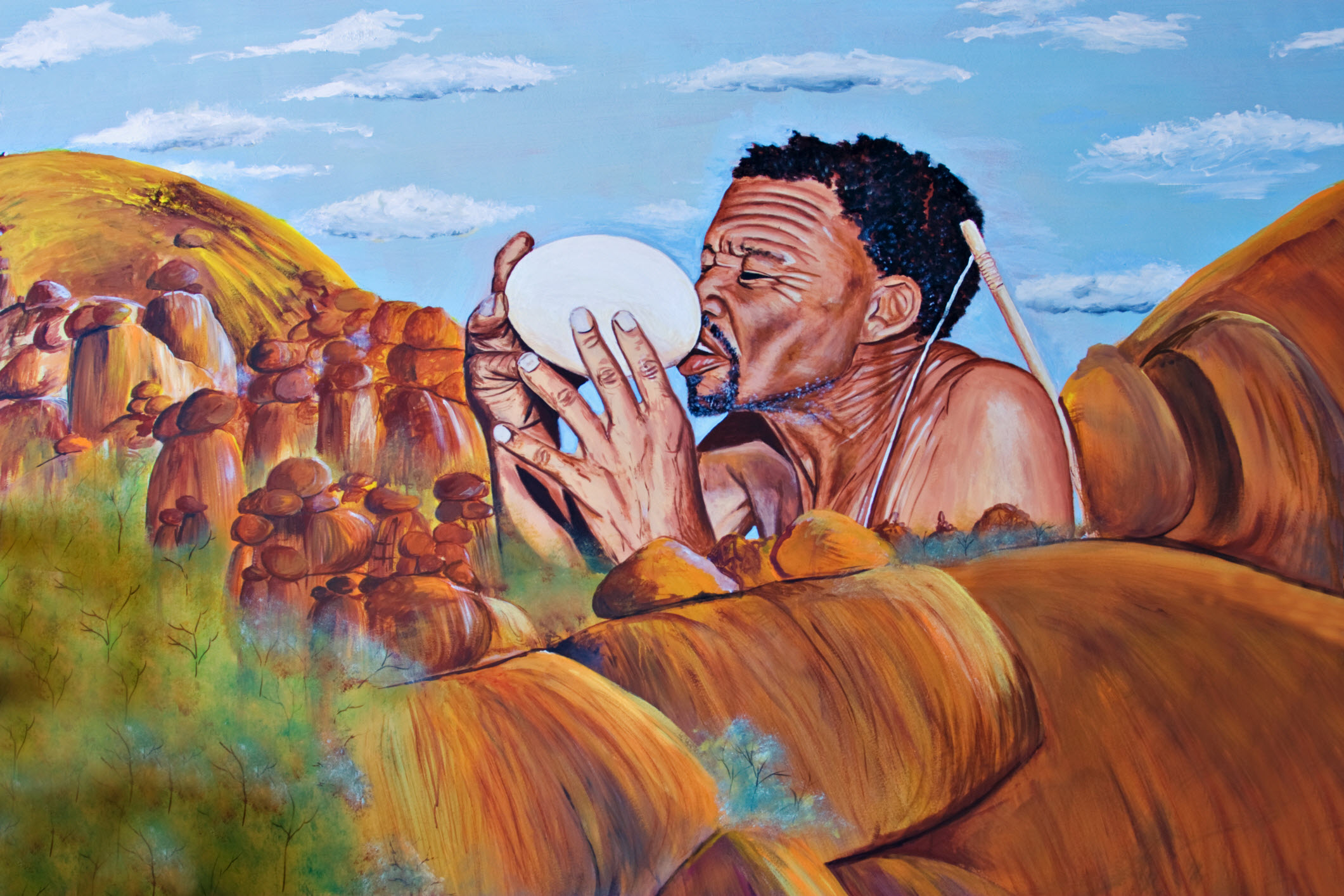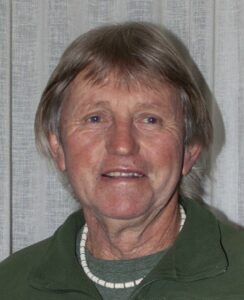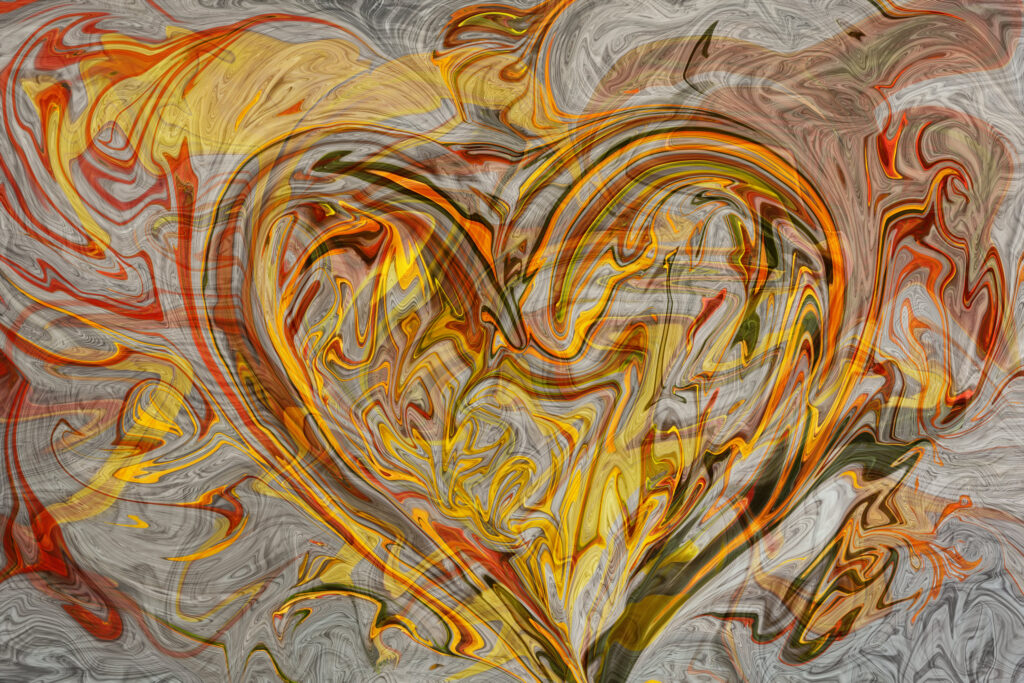The Love of Nature, or absence thereof, is likely to be the single most important factor in determining the survival of our species.
To address the above question there needs to be an understanding of both the meaning of the word ‘Love’ and what is meant by the term ‘Natural World’.
Our Natural World is the product of Creation and millions of years of evolution. It is a representation of all that has survived the test of time by remaining connected to Universal Intelligence, as only that which is true can survive. Our Natural World as it exists today, in all its shapes and forms, is a product of Divine Creation and represents the Ineffable Truth, that is, a truth which words cannot describe.
Humans are only a recent product of this Creation – and not the Creator.
Love is defined in the English language as ‘A’ feeling of deep affection’. It has become a word liberally used today and can have different meanings depending on context.
When it comes to Nature, we have seen an exponential growth in ‘Nature lovers’, thanks largely to the likes of Sir David Attenborough, who has brought the wonders of Nature into millions of homes with the use of modern technologies. Sadly, however, Nature, for most people, exists only on a screen or on the other side of a window. We love to observe Nature but not necessarily be part of it. It is mostly treated as a commodity with which we can treat ourselves as an accessory to our experience. Modern humans have shown preference to live on the ‘edge’ of Nature and not in harmony with it.
The belief of man’s superiority over Nature is deeply rooted in western beliefs. From the book of Genesis, we are led to believe that man has dominion over Nature, which in all likelihood influenced the likes of individuals such as former Lord High Chancellor of Great Britain, Francis Bacon, to issue the instruction that ‘man must find ways to control Nature’.
That humans consider themselves able to control Nature is delusional, but an even greater danger is that, in so doing, they imply that humans are separate from Nature. Animals, insects and plants have often been declared dangerous, vermin, a nuisance, or weeds and eliminated accordingly should they create any form of discomfort for humans, this done in the belief that humans can survive separately, or in the absence of Nature.
Indigenous peoples, for example the Bushmen/San people of Africa, had a very different understanding of Nature and its importance. Although the word ‘love’ has been used to describe their relationship with Nature, it is possibly the lack of a suitable word in the English language to describe their special relationship with Nature that results in its use.
To better understand their relationship with Nature it is necessary to know more about the term ‘life-force’.
Indigenous people believe in the existence of a ‘life-force’, which in Sanskrit is called ‘prana’, or which indigenous Americans refer to as manitou, whilst in the Bushmen language it is called ‘N/lom’. Whilst prana has been described as a ‘life-giving energy which flows in a current around the body’, Bushmen spiritual leaders use the following image to describe the all-important life-force:
They describe a multi-dimensional web connecting all life and giving life to all life-forms in the Universe. It has been described as a web of connecting golden threads, which emerges as a multi-stranded rope from the Creator as an expression of his Love.
This imagery has two significant features.
Firstly, it suggests and instills the belief that everything in the Universe is inter-connected and interdependent.
Secondly, it associates the life-force with Love, thus instilling the belief that Love, life and, ultimately, survival are all inter-linked.
The Bushman understanding of Love was of a ‘godly’ love. A feeling, or emotion, which involved respect, caring, empathy and compassion. An unconditional love, considered sacrosanct in its application to all other life in the Universe.
Thus, in their understanding of holistic wellbeing it was instinctively believed that human health and wellbeing was dependent on the health of the Natural World. Hence the following expression:
‘If you really Love Nature, you will not hurt it!’ basically suggesting that to hurt Nature was tantamount to self-destruction.
This understanding also made it possible for the Bushmen to not like certain things but still be able to love them as they believed that: ‘God did not make mistakes.’
Their understanding of Love and Nature also explains the great capacity the Bushmen have for acceptance of whatever happens to them as natural. This in turn meant that their happiness was not compromised by hardship because – ‘that’s what IS’.
Once it is understood that Love is dependent on connectivity, man’s separation from Nature means that real love for Nature is not possible without reconnecting to the Divine Truth. Arguably, the separation from Nature is a consequence of a separation within man himself, that is, the separation which has occurred between the True Self and the ego, which is an illusion of self. This occurred when humans developed the ability to think. This being the case suggests that, before man is able to truly Love Nature, it will be necessary to first learn to Love himself, that is, to reconnect with the True Self.

This the Bushmen were able to achieve through the development of a culture which learnt the importance of suppressing ego whilst maintaining connection with the inner self and by loving Nature, resulting in tens of thousands of years conscious and sustainable living.

Clive Horlock spent a number of years teaching science before entering the private sector. This was followed by a stint in the corporate sector as general manager of South Africa’s first rural solar energy company.
However, throughout this time his passion remained Africa’s wildlife and wild places. This led him to establish a walking safari venture called ‘Get Real Africa’ which brought him into contact with a Bushmen clan in Botswana, an experience which had a profound effect on his life journey.
Although he does not consider himself a Bushmen expert, the ‘teacher’ in him believes that what the Bushmen have taught him needs to be shared.
To join Clive on his walks, talks and immersions,
email: horlockclive@gmail.com.

